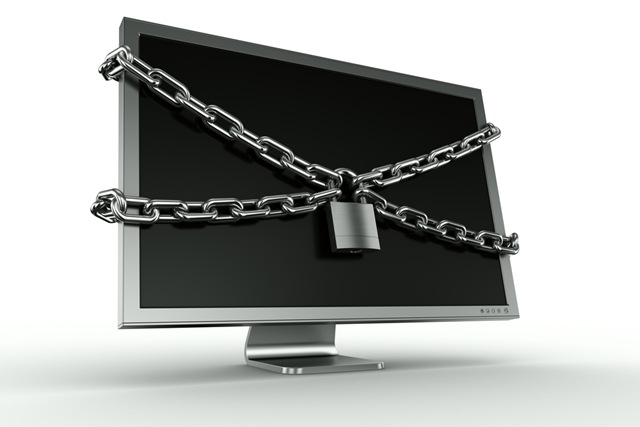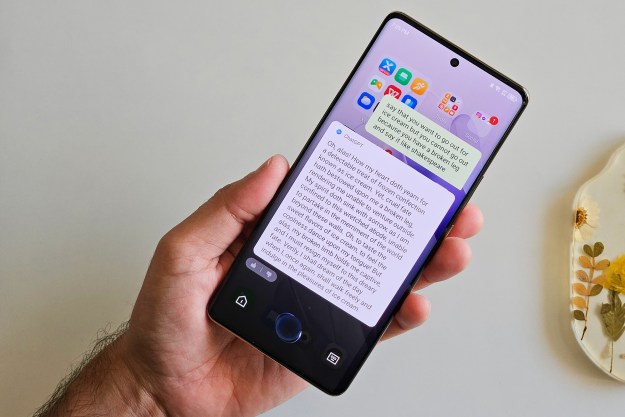
Apple and Dropbox have answered a call-to-action from public advocacy group Electronic Frontier Foundation to fight the U.S. government’s efforts to collect citizens’ private information. The two technology companies join Facebook, Google and Microsoft, all of which were named in the EFF’s “Who Has Your Back” campaign, which seeks to gain support from the technology industry for the Digital Due Process coalition.
As the EFF explains:
Digital Due Process is a diverse coalition of privacy advocates like EFF, ACLU and the Center for Democracy & Technology and major companies like AT&T, eBay and Comcast that has come together with the shared goal of modernizing surveillance laws for the Internet age. The DDP coalition is especially focused on pressing Congress to update the woefully-outdated Electronic Communications Privacy Act or “ECPA.”
The ECPA was enacted in 1986 — ancient history in digital years. Because few of the technologies that are prevalent today — things like the Internet and and cell phones — either didn’t yet exist or were rare when ECPA became law, its rules and regulations don’t cover many of the most important areas where privacy and technology converge.
“…ECPA is weak, confusing, and outdated,” writes the EFF. “For example, it doesn’t specifically address location information at all, which has led to years of fighting in the courts about whether or not the government needs a search warrant to track your cell phone.”
ECPA is also vague on whether the government must obtain search warrants to read your emails and instant messages. And, according to the Department of Justice, your search history, which is stored by Google or Microsoft, isn’t at all protected by ECPA.
The Digital Due Process coalition’s goal is to push Congress to update ECPA “so that it better fits the always-on, location-enabled technological landscape of the 21st century.”
Of the 13 companies named by the EFF in the “Who Has Your Back” campaign, Comcast, MySpace, Skype, Twitter, Verizon and Yahoo have not yet agreed to help fight for updates to the ECPA in Washington.
(via TNW)


